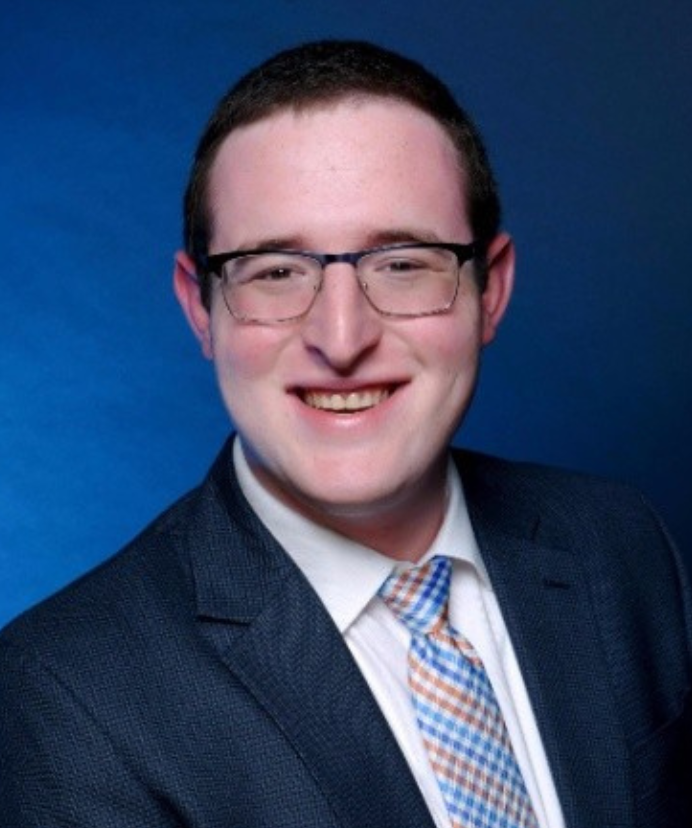Nils Melzer
Greg Kantor profiles Nils Melzer, United Nations’ Special Rapporteur on Torture, about his work as a human rights lawyer with an astronaut’s perspective.

Read Time: 5 minutes
Published:
Nils Melzer is the Human Rights Chair of the Geneva Academy of International Humanitarian Law and Human Rights and a professor of international law at the University of Glasgow. Since 2016, Melzer has served as the United Nations’ Special Rapporteur on Torture and Other Cruel, Inhuman, or Degrading Treatment or Punishment.
Public Health Post: How did your interest in human rights law originate?
Nils Melzer: I never planned to become a human rights lawyer. Originally, I wanted to be an astronaut and look at our planet from the moon. Today, I realize human rights law allows me to have precisely that perspective, and to always work for our global interests and common values: No one wants to be tortured. Everybody truly wants peace. So far, humankind has not been successful at achieving this and I think we still have to evolve on how we treat each other – and that’s my work. And so, I have become an international lawyer with an astronaut’s perspective.
What does your role as Special Rapporteur at the United Nations entail?
I’m mandated by the United Nations to promote and report on the compliance of member states with the prohibition of torture and other ill treatment. I do this in three ways. First, I visit countries and make recommendations after evaluating their laws and talking to prisoners. Second, I issue reports on specific topics to the General Assembly and the Human Rights Council on the relationship between torture and, for example, migration, corruption, domestic violence, or police violence. Third, I act on daily requests to intervene on behalf of individuals that might be exposed to torture, corporal punishment or extradition towards a risk of ill-treatment.
In August, your domestic violence report concluded that each year, the number of deaths from domestic violence equals those from war. What was your reaction to that finding?
Initially, I was rendered completely speechless by my findings. I’ve worked in war areas for 20 years, but now I saw forms of abuse occurring at peoples’ homes that I didn’t even know existed. It is atrocious to see what family members do to each other. To me, this gave rise to important questions: If we have a population of 8 billion and 1 billion of them have been abused as children, how is that going to affect what our society looks like a generation later? How can we expect adults to treat each other humanely if they have not experienced humanity in their childhood?
What were your high-level recommendations for countries looking to prevent such a scenario?
Domestic violence can take a wide variety of forms and there is no one-size-fits-all measure. We need to understand, in each context: What are the pattern and causes? What prevents us from addressing them effectively? The goal has to be to preserve the family by preventing abuse from happening in the first place or, if that is no longer possible, to at least provide support and a protected space of confidence for the victims.
Have you received communications from individuals suffering in the humanitarian crisis on the US’ southern border? Are you planning a site visit to any detention facilities?
Yes, I have received and acted upon communications concerning the situation at the southern border, but there’s no way individual responses can effectively address such a big crisis. Instead, I published a thematic report and recommendations that apply worldwide about migration-related torture, including on the permissibility of indefinite migration-related detention and deterrence measures.
I would like to visit the US, and have repeatedly requested an invitation, but the administration will not give me full and unhindered access to all places of detention, particularly to Guantanamo and Supermax facilities. When I visit a country, my mandate instructs me to evaluate the system as a whole, so the current terms do not satisfy my requirements.
How do you advocate against torture when the average person might view it as essential for national security, like in the US?
We know that, in practice, torture is not an effective fact-finding method. It’s very effective in breaking people, in getting them to admit guilt regardless of whether they are actually guilty, but it’s a very lousy investigative method if what you want is the truth, the whole truth and nothing but the truth.
So why do countries still use it? Unfortunately, truth and justice often are less of a political priority than power and control. Also, ordinary people in Western democracies tend to be misinformed by mainstream entertainment about what torture really is. Now, 70 to 80 years after the Second World War, the generation who actually experienced the devastating consequences of systematic torture, and who prohibited it in the Universal Declaration of Human Rights is dying out. Precisely at this moment, we are seeing a dangerous reemergence of tolerance for torture.
In a world unfortunately rife with human rights violations, how do you stay motivated?
Even with an astronaut’s perspective, I am aware that I cannot carry the whole planet on my shoulders. I cannot save the world alone. But the truth is that, in saving a single individual from torture or execution, you have saved their world and the world of their family. For me, that’s a reward beyond description.
Photo via University of Glasglow



